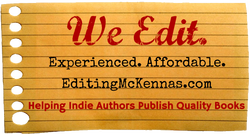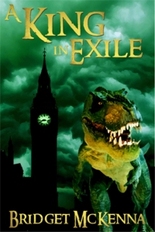
There are also some remarkable comments from very savvy writers on both the original post and the re-post linked above.
Why an Agent?
So why are so many writers so enamored of the very notion of having an agent that they are willing to trust their writing careers and incomes to people they’ve never met? Why are they renouncing advice from people who've been there and done that, and told us about it over and over, like Kristine Kathryn Rusch and Dean Wesley Smith? Because not to put too fine a point on it, blindly turning your writing income and prospects over to someone else seems to me, especially in today’s rapidly changing publishing environment, like a really dumb idea.
But it wasn't always a really dumb idea. In fact, when I wrote my first three novels, it was a terrific idea, so climb into the Wayback Machine™, and let's go on a trip into the not-so-distant past.
What's Past is Prologue
Back in 1991, I'd been selling short fiction for a few years, and now I had a novel to shop around. I wanted an agent like a six-year-old wants a pony under her Christmas tree. In the publishing environment of the time, a writer with a book to sell needed an agent. We needed agents because we needed publishers to get our physical books distributed to physical bookstores (remember those?), and you couldn’t deal with a publisher without an agent. If you could get an unagented book to an editor—and that was and still is possible if you're ballsy—you'd still need an agent to negotiate the contract. Agents, or so we thought, knew everything about IP law, and pretty much everything about publishing, too. Oh, and they also knew all the editors in New York, and what they wanted to buy. That was a lot to put on anyone, but it was the prevailing conventional wisdom among writers.
Within a few months of finishing my first novel, I had an agent. This was due less to my dazzling talent (far, far less, actually) than to the fact that an author of my acquaintance messaged me online (Prodigy, in case your memory goes back that far) and said she’d told her agent to expect a call from me, and not to embarrass her. The agent and I had a conversation in which he asked a lot of intelligent questions about my career. I sent the ms; he liked it a lot. We shook hands, as it were, from a distance of 3000 miles. And I gained the privilege of using that heady phrase "My agent..." I hope I didn't overdo it, but you know....
A couple of months after that, I had a deal for my first novel and two unwritten sequels.
How Do You Spell Success?
I ask you, what could make a late-20th-century writer’s heart gladder than that? What could make a new novelist any surer that her future was laid out before her like the Yellow Brick Road, with the Emerald City of literary success clearly in view? Now I had an agent AND a multi-book contract! Did I break out the champagne? Oh, hell yes! My education in publishing, contracts, and yes, agents, was yet to come.
At the time I joined up with my first agent, the commission on domestic sales was 10%. Soon after, he gave himself a 50% pay raise to the now-standard 15%, at least for small-potatoes clients like myself. The deal you get is not always the deal best-sellers get, but that's just business, and never forget agents are in business. At any rate, I was never in a position to make either of us rich at either percentage.
To this day I believe that particular agent is one of the good guys, and he's yet to prove me wrong, but our present business relationship is connected only with the books he sold for me back then, and only because the publisher in question is hanging on to my rights like a dog with a bone (or perhaps a penguin with a fish). If a traditional publisher were to offer me a deal tomorrow (admittedly, getting a pony is more likely), I'd hire an IP lawyer to negotiate the contract, and keep the 15%.
Doofus for Hire
And let me make this perfectly clear: not all agents are created equal. I've known some real doofuses who went around passing out business cards with "agent" on them, and some unfortunate writers who hired them. A friend of mine who's now a successful author with half a dozen novels in print went through four or five absolutely terrible agents before finding a competent one.
And there have always been crooked agents. My first agent, like many of his generation, graduated from "the high school of literary agencies," Scott Meredith, who was famously unethical. An agent once told me that most people of a certain age in his profession had worked for Scott when first starting out, but those with any ethics left as soon as they could to start their own agencies.
The Agent as Superhero
In those days before The Disruptive Innovation that Came to New York, most authors depended on their agent to know a) everything the publisher knew, and b) everything the publisher didn’t. We believed our agents were in the business of looking out for us and our career needs, and we believed ourselves somehow protected. Cared for. Watched over. All we had to do was write. Our agents would make everything else happen.
That wasn't exactly true even then; it was part of the lovely, if broken, illusion of being a 20th century writer. But now it's 2011, publishing has been turned on its head in the space of two years, and many agents have morphed into that horrifying chimera known as the "agent/publisher." And yet the guardian angel illusion is still very nearly as prevalent among inexperienced writers—and not a few experienced ones—as it was then. Those of us who go it alone for some or all of our writing projects are still quite the minority, despite our volume level.
Author Augers In
As it happens, my career did crash and burn, but I've never thought that was any more my agent's fault than the publisher's or my own. He even kept me afloat with some lucrative work-for-hire projects I'd never have gotten without him. He did nix a couple of outlines I sent him as not having enough commercial viability, and eventually I went my own way, which included not writing much of anything outside the day job for years.
Commercial viability is a much bigger concern with agents than with writers. I mean, we may write a novel because it's a story we just have to tell, but why would an agent waste his time flogging a novel he didn't think likely to sell quickly? He's got dozens of clients, only so many hours in the day, editors he doesn't want to spam, and bills to pay. If you're off-genre, you're kinda hosed. And genres are getting narrower and fiddlier as we speak. It's much easier to say "Nobody's buying that sort of thing right now," and steer the writer toward something more profitable.
My Other Agent
When I did write another novel, I hired another agent to represent it—a UK agent. To this day I think he's one of the smartest and most capable people in publishing. The book was off at least two genres, maybe three, and he didn't end up selling it. I'm pretty sure he was disappointed that I turned down one American agent who was enthusiastic about the book, but then wanted me to make substantive changes I didn't see as an improvement. But perhaps they would have made it more commercially viable—who knows?
I had no more success shopping it around on my own; no-one could decide how the hell it was supposed to fit into the existing subgenres. Odd as it may seem, when I wrote it, I hadn't thinking about fitting into anything—I was telling a story I very much wanted to tell in the best way I knew how. I'll be publishing that book myself next year, after a rewrite and a thorough going-over by my editor.
Since both these agents favored the old-school ways, which say that the agent’s contract with the author is the agency clause of each individual publisher contract, I had no agency agreements to haunt me when I wanted to move on. That kind of handshake deal is hard to find today in the world of increasingly restrictive agency contracts. It's another reason I like and respect both these men, even though I'm increasingly wary of what's happening in their profession.
So listen up!
Up until a couple of years ago, writers needed agents to go the traditional route through a publisher to physical bookstore sales. And so we overlooked some basic facts about the agent-author-publisher relationship, because we could not rock the boat we depended on to get us to that golden shore. But here are a few facts you might want to mull over, now that being agented is entirely optional:
- There are only a few major publishers, and only a few editors with whom your agent has a relationship.
- Your agent depends for her living a great deal more on the good graces of the publisher than she does on yours.
- If you're a midlist author, you're not contributing enough to your agent's financial success to make you a player in his game. He must and will sacrifice your best interests from time to time in favor of authors who make him more money.
- An author who's doing well can really help line an agent’s bank account, but every agent knows that if she pisses off a publisher, she's finished.
Don't expect publishing to be what it was in the last century, and don't expect an agent to be your guardian angel.
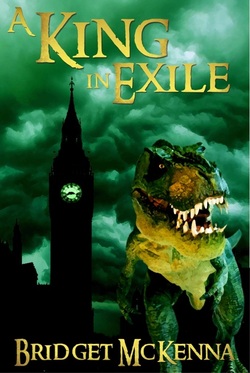
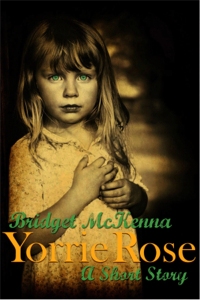
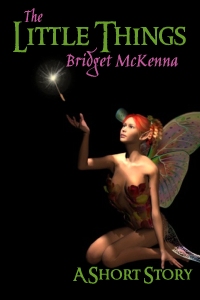
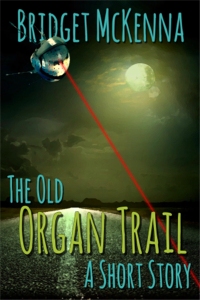

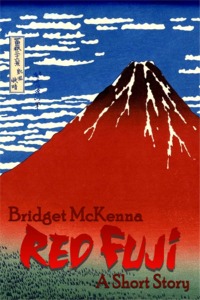
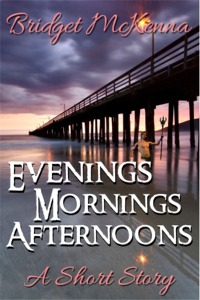
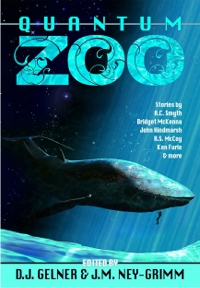


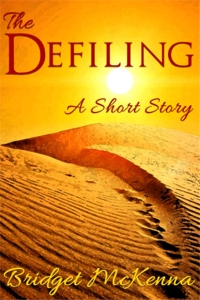

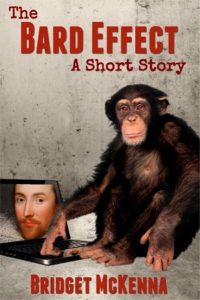
 RSS Feed
RSS Feed

